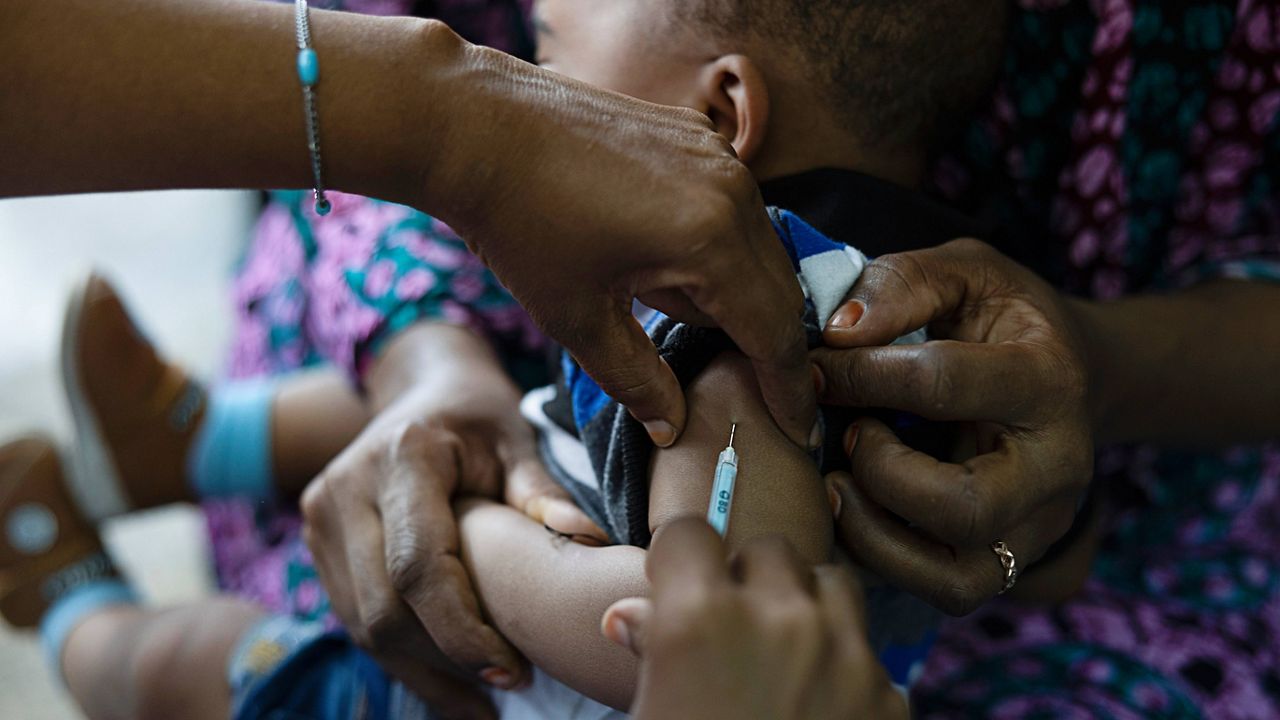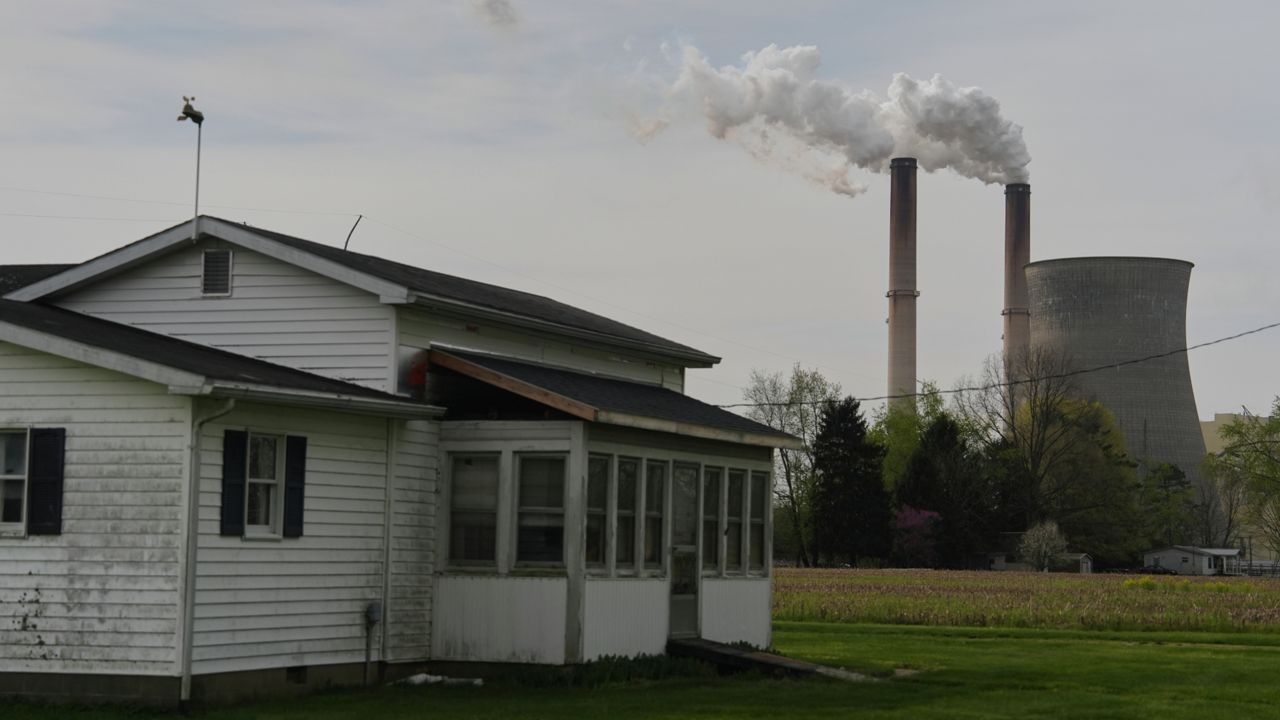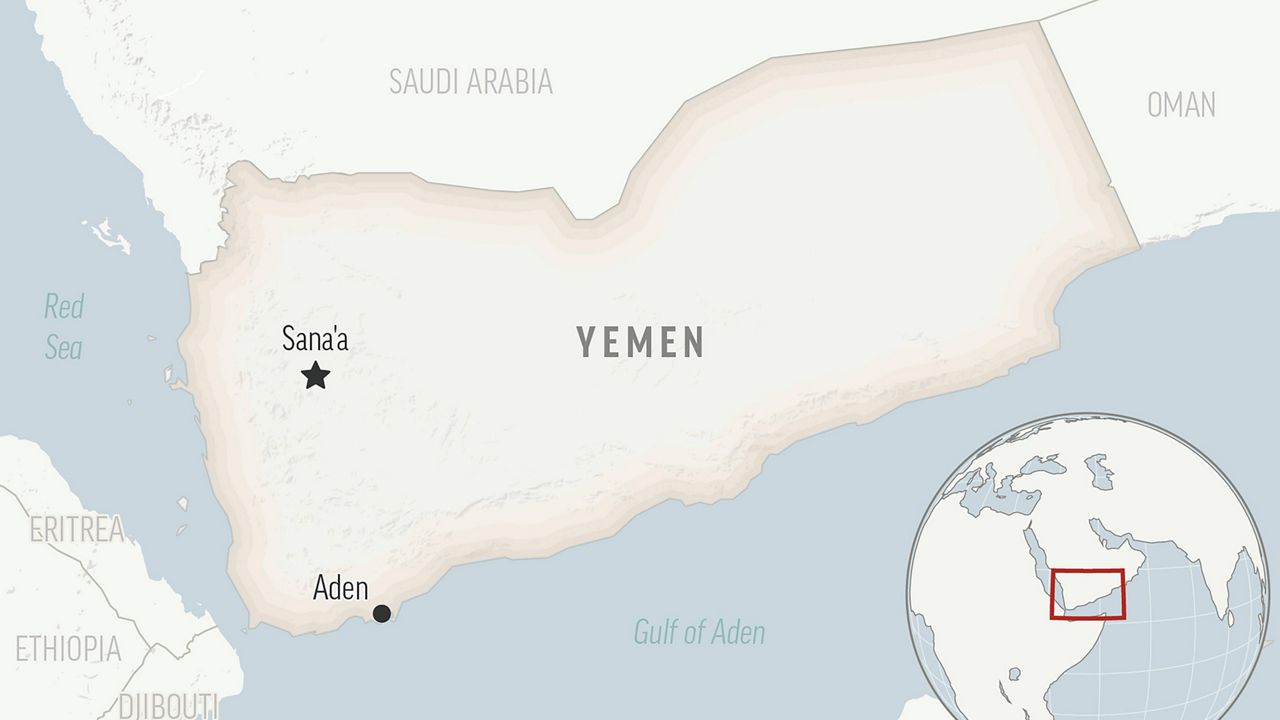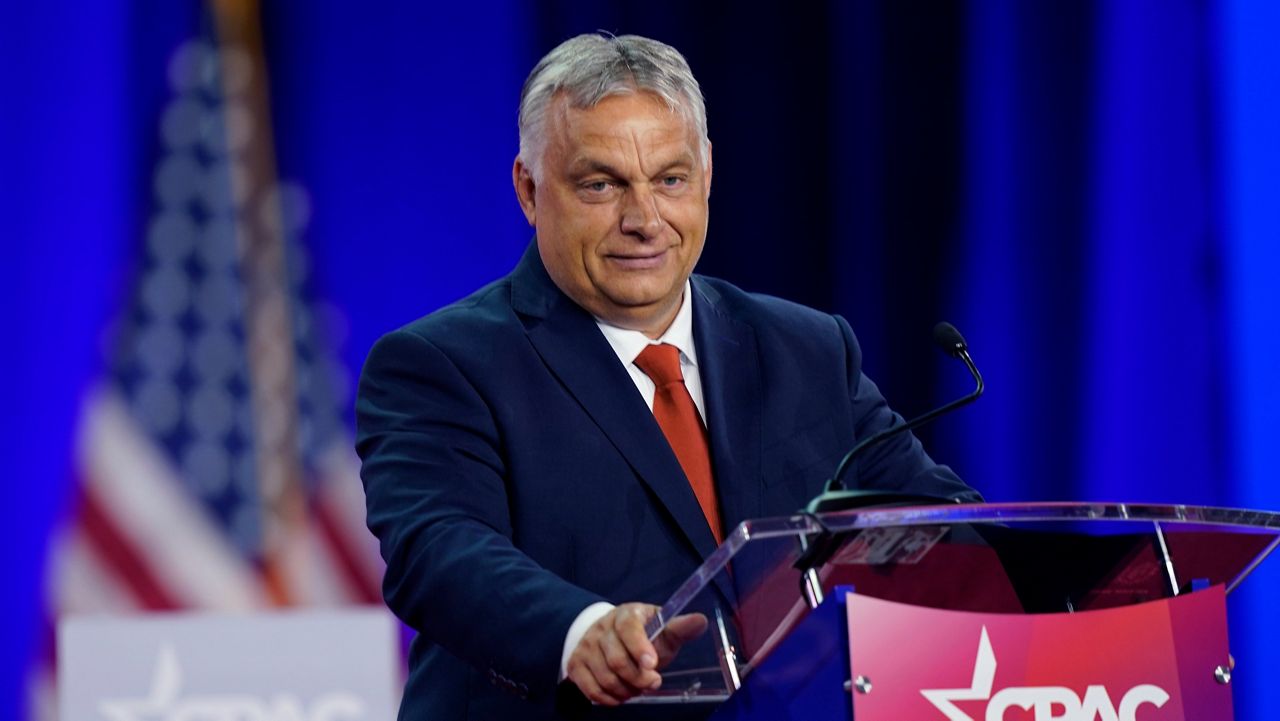At the White House on Thursday, President Joe Biden and Indian Prime Minister Narendra Modi boasted new agreements in defense and manufacturing while emphasizing the strength of the partnership between the two nations.
Biden called the United States' partnership with India “stronger, closer and more dynamic than any time in history.”
In a joint news conference on Thursday as part of Modi’s official state visit to the U.S., both leaders highlighted collaboration on trade, climate, health care and space. Biden said that trade between the U.S. and India has almost doubled in the last decade and Modi calling the U.S. India’s biggest trade partner.
While standing next Modi, Biden also stressed the importance of democracies, saying Americans and Indians both “cherish freedom and celebrate the democratic values of universal human rights.”
Recently, Modi has come under criticism from human rights groups that say he is cracking down on dissent, including targeting journalists and religious minorities. A group of lawmakers sent Biden a letter pressing him to raise human rights concerns in his meeting with Modi.
“Democracy is in our DNA. Democracy is our spirit. Democracy runs in our veins,” Modi said through an interpreter on Thursday when asked about human rights criticisms.
Biden specifically mentioned the role of press and religious freedoms in democracies during his address with the Indian leader and said he and Modi had a “good discussion about democratic values” during their Oval Office meeting.
Earlier in the day, Biden was joined by first lady Jill Biden, Vice President Kamala Harris and second gentleman Douglas Emhoff to welcome the Indian leader to the White House, with Biden calling the ties the U.S. and India, “one of the defining relationships of the 21st century.”
“The challenges and opportunities facing the world in this century require that India and the United States work and lead together, and we are,” Biden said during a welcoming ceremony on the White House’s South Lawn.
Biden said the U.S. and India are working together to end poverty, expand access to health care, address climate change and tackle food and energy insecurity caused by Russia’s invasion of Ukraine. The president also said the nations have made emerging technologies “the pillar of our next-generation partnership.”
“We face an inflection point, one of those moments that only come around every several generations,” Biden said. “When so much is changing technologically, politically, socially and environmentally that the decisions we make today are going to determine our future for decades to come.”
Modi, the first Indian prime minister in 15 years to receive a state visit, said: “This grand welcome ceremony at the White House today is an honor and pride for 1.4 billion people of India. This is also an honor for more than 4 million people of Indian origin living in the U.S.”
Modi said the world order has taken a new shape in post-pandemic era.
“The friendship between India and the U.S. will be instrumental in enhancing the strength of the whole world,” he said. “The two countries are committed to work together for the global good and for global peace, stability and prosperity. Our strong strategic partnership is a clear proof of the power of democracy.”
The broad scope of the Biden administration’s plans for solidifying U.S. ties with India was unveiled hours before the White House hosted Modi.
At the heart of the visit beats the shared security goals of the two nations, which officials called a “next-generation defense partnership.”
"As we think about the future of AI, quantum computing and building resilient supply chains for clean energy technologies, semiconductors and other critical and emerging technology, countering climate crisis, the future of our workforces, and global health, energy and food security, there is no partner more consequential now and into the future than India," a senior administration official said on a press call previewing Modi's visit.
Agreements between the countries include a proposal in which General Electric and Hindustan Aeronautics Ltd. will jointly produce F414 jet engines in India — engines used in the F/A 18 Hornet fighter jet, the forthcoming India’s Tejas Mark 2 fighter jet (planned for service in 2026), as well Swedish and South Korean fighter jets.
The U.S. Navy has also set up “master ship repair agreements” for servicing and ship repair at an expected total of four Indian shipyards. That agreement is intended to save time for U.S. military operations in “multiple theaters."
Historically, India and the U.S. have experienced “some reluctance” over working together in maritime domains, White House officials said. “I think that period is over,” an official said, as the U.S. will join the Indo-Pacific Oceans Initiative, an India-led partnership intended to strengthen maritime boundaries, resource-sharing, ecology, risk reduction trade connectivity and scientific and technological cooperation.
In a third prong of the defense partnership announced Wednesday, the U.S. Defense Department and the Indian Defense Ministry launched the India-U.S. Defense Acceleration Ecosystem, a two-day “catalyst event” that seeks to make connections between top defense firms and start-ups in the two countries and develop public-private partnerships designed to benefit both countries.
The visit also celebrated the partnerships the two countries have made regarding technology, including the announcement that India will sign the Artemis Accords, a nonbinding agreement with the goal of returning humankind to the moon and, eventually, onward to Mars; investments in new semiconductor supply chains, assembly and test facilities in India; and new collaborative agreements on quantum computing and artificial intelligence.
Modi also addressed Congress on Thursday before attending formal state dinner with Biden at the White House on Thursday night. Several lawmakers said they are not attending due to human rights concerns.










